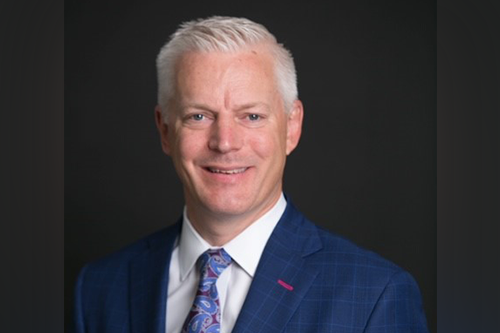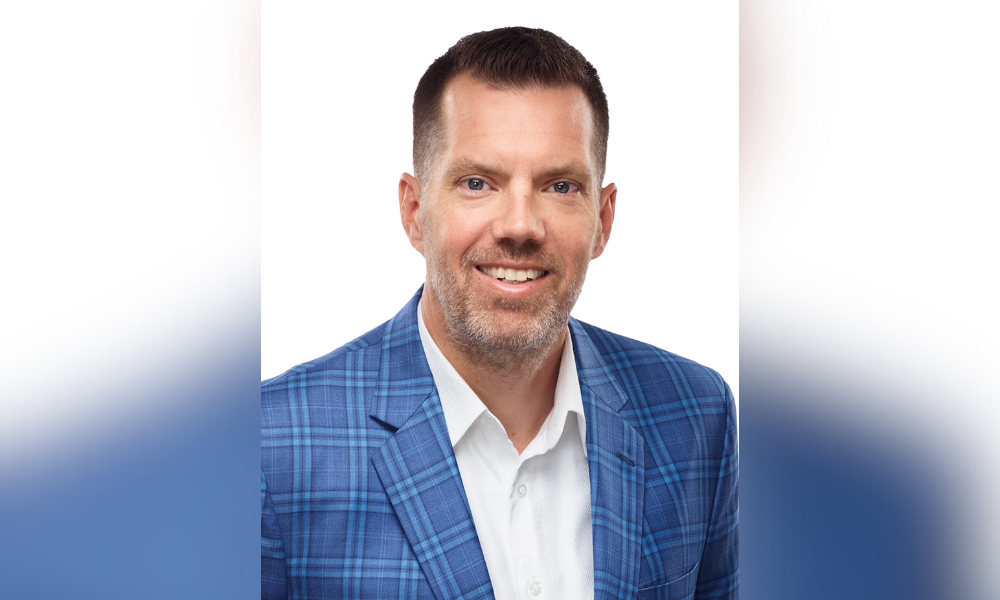Echelon head of wealth management on how painful personal experience has informed his professional approach to issue

When James Hunter and his family first noticed his mom’s deteriorating memory, they put it down to simply getting old.
The head of wealth management at Echelon Wealth Partners admitted he went through two years of denial before a moment of crisis forced him to confront the issue head-on and accept she had dementia.
His personal experience has since fed into his professional life and, armed with research and first-hand stories, he told WP that advisors can help remove the stigma around the illness by ensuring dementia and diminished capacity forms part of every financial plan.
After his mom went walkabout by herself, leading to fears for her safety, Hunter and his family had to address immediate healthcare issues. Fortunately, his dad was well-prepared from a financial planning perspective, which included having powers of attorney, centralized financial documents, and ensuring all his children were aware of the financial situation and had access to his lawyer.
Despite this astute level of planning, and full financial disclosure, Hunter said the situation was still an “absolute nightmare” to deal with.
He said: “What happens is, eventually, you hit a moment of crisis, like we did, where you have to find healthcare and personal care options. If you were to do that while juggling the financial planning and the estate planning aspect of things, it would be overwhelming.”
He added: “There is always some surprise around the corner, or a decline in health that was unanticipated. For us, we thought that the disease would take a long time to play out, but the decline from my mother was rapid and severe, so we had to change healthcare options really quickly. It was very difficult from that perspective alone.”
Hunter credits the Alzheimer Society of Canada for advising his family early on and kick-starting the process of dealing with his mom’s illness. The Society has a website section entitled “Resources for Financial Advisors”, which he recommended.
The Echelon advisor’s family ordeal coincided with the wealth management industry sitting up and confronting this problem. But with 40% of Canadian over the age of 65 and more than half a million with some form of dementia affecting more than a million family members, he conceded it had been caught slightly flat-footed by a disease that is only going to get more prevalent over the next decade.
However, he believes it is important to look forward and praised the ideas and processes being put in place. The CSA notice on vulnerable clients, he added, was a real call-to-action for firms and a signal of intent around providing more guidance around red flags, know your client, suitability and complaint handling around people with capacity issues. It also brought up training around the new concept of a Trusted Contact Person, which is different from a POA.
The TCP concept involves the client having someone, who may not have a financial interest in the individual’s estate, who can be called if the day comes when the advisor doesn’t recognize who they are talking to or believes the client's capacity is slipping or is now vulnerable to financial abuse.
An IIROC survey on aging clients found support for this concept and the idea of firms being able to put temporary hold on accounts, with regulatory comeback, if there were concerns of abuse of risk to the client in any way. Just last week, an MFDA notice addressed this issue, publishing guidelines around protecting seniors from exploitation.
Hunter told WP his experience has reinforced the importance of having this issue form a permanent part of the financial planning and client discovery process. And while he acknowledged it’s early days and a lot of these guidelines are yet to be fully implemented, he believes advisors can play a key role in removing the stigma around dementia and diminished capacity.
He said: “As we make it part of the planning process, things are going to get better and better, but they have to because the issue is going to be become larger and larger.”
Central to this being effective is a good relationship between advisor and client, which enables the conversation around this sensitive topic to be had early and honestly. Hunter believes it’s imperative other members of the family are brought in to the planning process, along with the trusted contact person, so they aren’t overburdened if that day comes.
He said: “It’s important for advisors to show empathy and understanding in the planning process, so the client knows this is not a discussion that is embarrassing.
“There still exists a stigma around this, despite it being a statistical fact that 40% of us will experience memory loss. For the advisor, just like they personalize the way they present financial plans or the discovery process, they have to figure out what makes the client feels most comfortable and the best way to have the conversation.”



